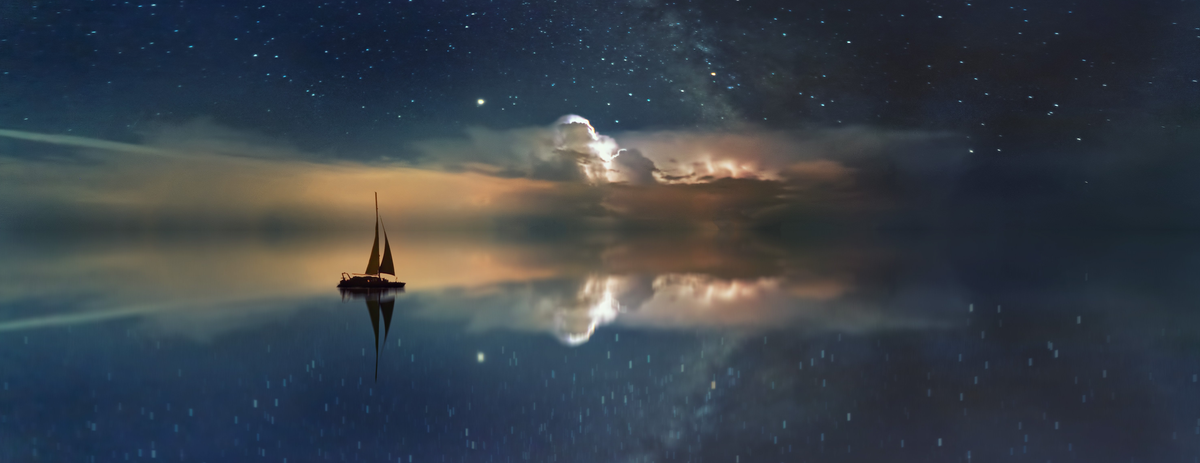At last it seems there is reason for hope, that there may indeed be a promised land, even for those of us that are agnostic, dubious or cynical. There’s hope that one day soon we’ll be able to mingle with random other members of our species without wondering where they’ve been or where we’ve been and without worrying that mischief lurks behind closed doors or in public spaces.
The pandemic – or the plague, as I’ve come to call it – has changed us, and who knows to what extent? We’ve accumulated drawers full of masks, bandanas, shields and antiseptics. Our debris is everywhere. I wonder what future archaeologists will make of, say, petrified masks, or perhaps antiseptic bottles preserved in amber. I wonder if our discoverers will parse out our feeble circumstances, relating them to our final denouement. Though we don’t know what our fate will look like, we can opine on candidate causes without breaking a sweat. I’m of the opinion that our general inability to look out for one another will rank atop the list.
Closer to hand, the depth and the sweep of our relationships have doubtlessly suffered since the plague began. Plague-time has been a crucible of sorts. We’ve found we need to touch and mingle, with loved ones for sure, but also with assorted members of our tribe. We’re more certain of our social needs than ever, and to this extent we know more about ourselves. Our knowing is at least a double-edged sword, however, and we’re more aware, too, of our frailties, the chinks in our perceived armor, our general defencelessness.
More on what we’ve lost: We used to trumpet “time is money” and, however inaccurate that may be, we’ve munched through time relentlessly. It’s time we’ve lost, however, and it grieves us so. Certainly, we’ve had time to learn Urdu, study Mesopotamian architecture, or rummage through waste bins and old cupboards, but our brilliant discovery, as the Brits might say, is our shared humanity.
T.S. Eliot put it well, in Little Gidding, a century or so ago:
We shall not cease from exploration
And the end of our exploring
Will be to arrive where we started
And know the place for the first time

I’ve looked – continue to look – for a personal philosophy that’s been useful through these hard times. I’ve not found anything unique, but I can admit to an unreasonable aversion to loud noises, pretty much all advertising, bluster of any sort and the ugly self-absorption that characterizes our digitally-obsessed world. Perhaps best of all, I’ve rediscovered that there are choices and they’re mine. I can talk, remain silent, burrow underground, or, like some animals, hibernate or estivate or hunker down through a tough season.
I’ve been gifted, too, able to rely on the counsel of a friend or two, and I’ve been able to take grim comfort in accepting our pandemic reality. Much is left to the individual, however, and I’ve come to realize the metaphoric truth that some doors only open from the inside.
At times, I’ve been able to look beyond myself, to see the unspeakable suffering of others and the tragedies of hunger, neglect and violence. I’ve looked beyond the individual, too, to recognize that much of the world is in disorder, that we must consider ourselves lucky. In this regard, I’ve been interested in an old term “failed state,” an appellation once used to describe so-called “banana republics.” referring to burgeoning violence, corruption, crime, poverty, illiteracy and crumbling infrastructure. I may be missing something, midst the tub-thumping swagger and false bravado round the globe, but there are a number of spectacular additions I’d make to lists of failed or failing states. As the saying goes: “Don’t get me started!”
To focus more narrowly on our pandemic, we’re supremely fortunate to have plenty of heroes. I’m thinking of our health care and support care workers, of course (where would we be without them?) but I also laud the ordinary folk who, masked and keeping their distance, generally stayed home and gamely bore the tangled advice of unexceptional politicos attempting to navigate a space between public health measures and the bellicose assertions of citizens demanding their rights.
Animus has afflicted vaccination progress forever, I understand, with conflict present from the get-go. Variolation, introducing smallpox virus into humans to prevent disease, has a long history, originating in India or China in antiquity. Variolation worked, but inconsistently, and it was dangerous, at times leading to flagrant smallpox, with its 10% mortality. It was left to British physician Edward Jenner to inoculate his eight year-old gardener’s son with pus from a cowpox sore on a milkmaid’s hand in 1797. It worked, and later exposing the boy to smallpox did not produce disease. The rest, as they say, is history and the WHO declared the world free of smallpox May 8, 1980.
The vaccination story has been a great success. We have every reason to be optimistic regarding our COVID experience, since news of our vaccines’ efficacy keeps getting better. Danger persists, however, as health officials warn of a possible catastrophic collision between the ship of reopening and the iceberg of the unvaccinated. We’ll eventually get everyone who wants a vaccine inoculated, but the vaccine hesitant and the vaccine deniers remain problematic.
I’m interested at news of various inducement programs, including direct payments (Maryland), lottery chances (Alberta and some other Canadian provinces), and the “shot and a beer”program in New Jersey, aimed at the vaccine hesitant. Vaccine deniers may prove more difficult. Demographically, it would seem these are often comprised of the poor and beaten down, ever-falling in our juiced-up economic order, along with members of certain non-secular groups who’ve seemingly forgotten the historic injunction to care for others.
What to do with these vaccine deniers remains an issue. Addressing economic and educational deficits could help, but it will require difficult conversations of us all and, harder still, we’ll have to act. Leadership, emerging from both the communities of the vaccinated and safe and from the damnation-no-not-me deniers could be transformative. At root, vaccine denial may be yet another manifestation of social inequity, a vexing issue, but one we’ve been aware of as a determinant of health for scores of years.
Nevertheless, we’re a mixed bunch and range from the resilient and avant-garde to the stubborn and mulish, and the stresses of our pandemic lives affect us all. I recall a medical class visit from famed endocrinologist, Hans Selye. His general adaptation syndrome speaks to our adaptation or failure in the face of difficult and stressful circumstances and the possibility of resilience. We’ve come a ways since Professor Selye’s work but can affirm that we’ve evolved, and continue to evolve, in ways that improve our adaptive capacity. Writ large, we’re capable of addressing problems we once thought unbreachable.
I’d conclude by again thanking our health care workers and the support staff who’ve kept our ship afloat. Change is needed, but I’m optimistic that it will come. I find clues in Antoine de Saint-Exupery’s book The Little Prince that offers up advice for change:
“If you want to build a ship, don’t drum up the men to gather wood … instead, teach them to yearn for the vast and endless sea.”
Unpack the metaphor and you’ll agree, I think, it’s the beginning of a recipe.
Editor’s note: The views, perspectives and opinions in this article are solely the author’s and do not necessarily represent those of the AMA.
Banner image credit: René Bittner, PixaBay.com

